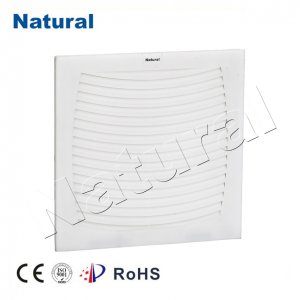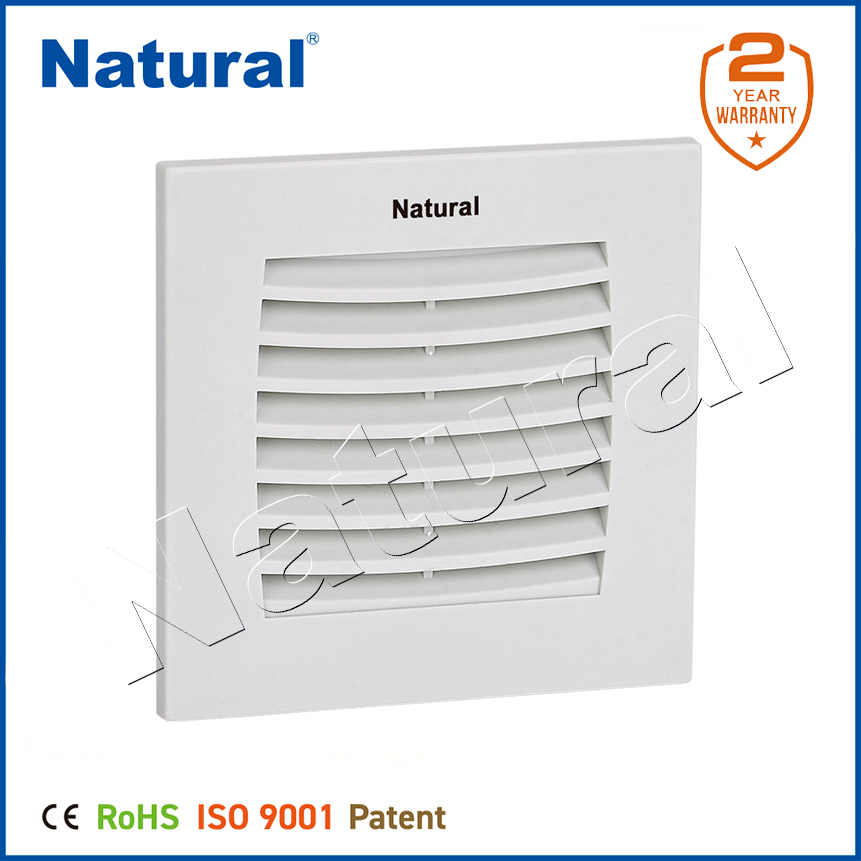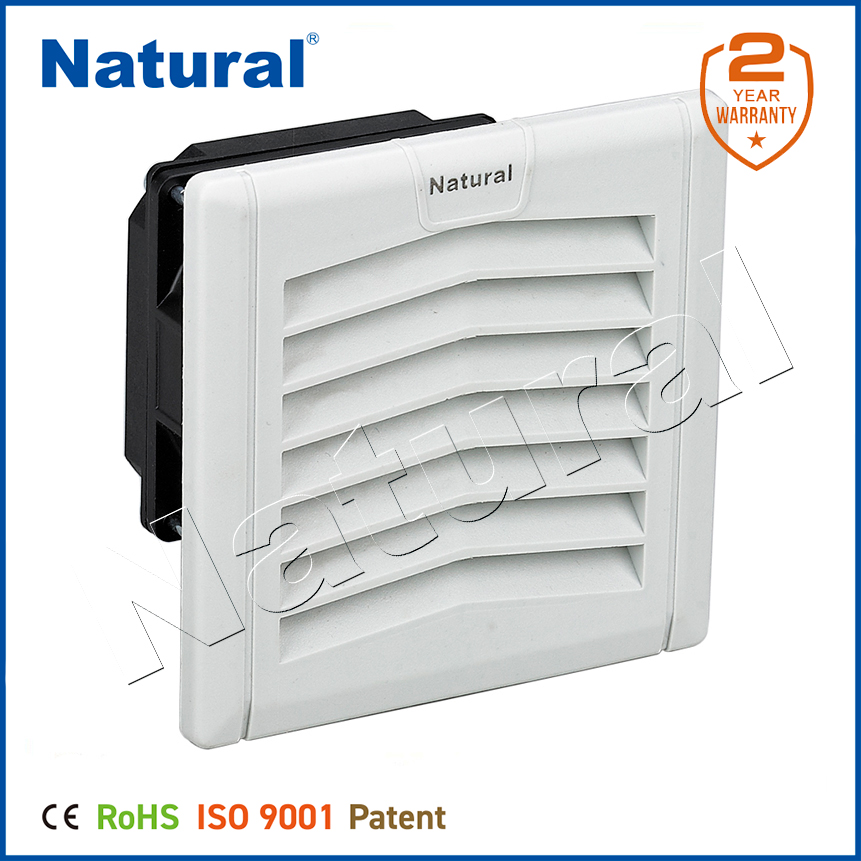In today’s rapidly advancing industrial and healthcare sectors, maintaining high air quality is essential for both operational efficiency and health safety. This is where the Fan Air System Ventilation HEPA Filter plays a crucial role. These systems combine powerful air circulation with high-efficiency particulate air (HEPA) filters to ensure that air quality meets stringent standards, especially in environments such as cleanrooms, hospitals, laboratories, and manufacturing facilities.

Understanding Fan Air System Ventilation HEPA Filters

At its core, the Fan Air System Ventilation HEPA Filter is a mechanical system that circulates and filters air to maintain cleanliness and reduce airborne contaminants. The system is composed of a fan unit that pushes or pulls air through ducts and vents, while the HEPA filter ensures that the air circulating within the environment is free of harmful particles. A HEPA filter, one of the key components of this system, is capable of trapping 99.97% of particles that are 0.3 microns or larger. This high level of filtration makes HEPA filters invaluable in critical environments where even minute contamination could lead to severe consequences. In the fan air system, air is drawn into the ventilation system, passed through the HEPA filter, and then released back into the space, effectively removing dust, pollen, mold spores, bacteria, and other potentially harmful particles.
